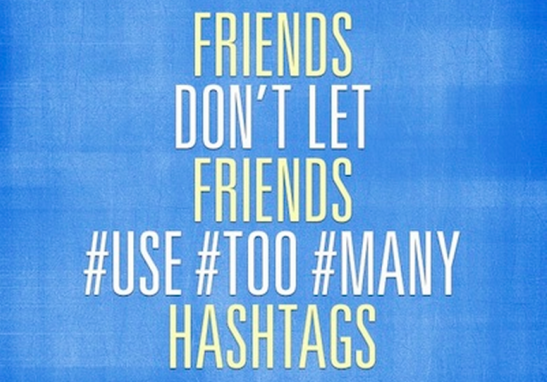The new Chinese-language website aims to broaden the LinkedIn business world. "Our mission is to connect the world's professionals and create greater economic opportunity—and this is a significant step towards achieving that goal,” Derek Shen, LinkedIn’s president of China, wrote in a blog post. In addition, Shen wants to continue upgrading the technological world at the same rate and pace of the business world. Because of China's hands-on government, this could become very difficult.
Due to China's strict government regulations, censorship will definitely come into play. The company must regulate and censor any content from the users in China. Any information outside of China will not be censored. The creation of the Chinese website makes it much easier for the Chinese government to control the content of their users. Traditional LinkedIn users do not typically or traditionally censor content. However, this massive expansion into a huge business-oriented economy is a major step forward for LinkedIn.
In my opinion, social media networks like LinkedIn, Twitter, and Facebook all can not only serve as personal profiles, but as well as business profiles, professional portfolios, and any other business-oriented utility. LinkedIn's expansion into China really sets them apart from Twitter and Facebook, especially in the business world. In general, this is LinkedIn's opportunity to finally become the definitive professional publishing platform.
For more information, here's the link to the whole story.
http://qz.com/180755/linkedin-is-doing-what-facebook-google-and-twitter-cant-expanding-in-china/






